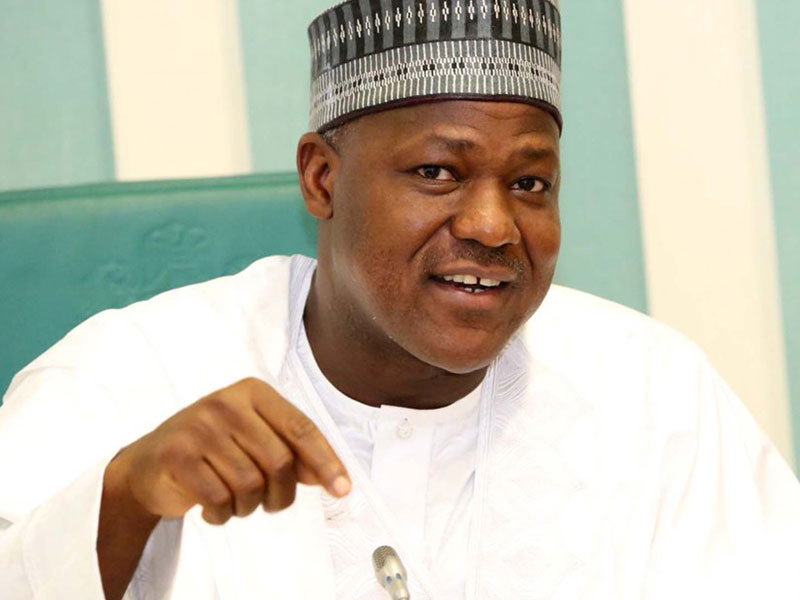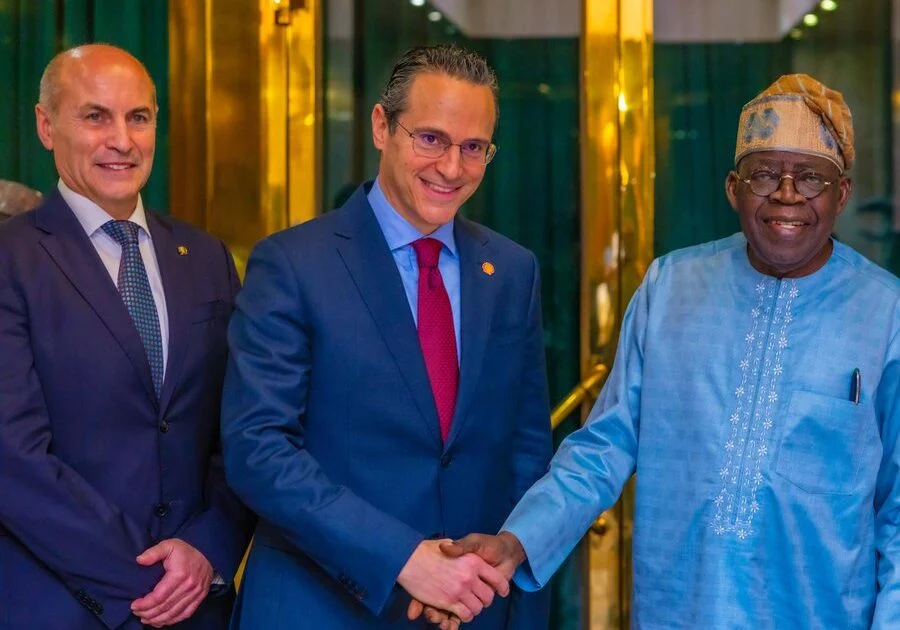Taraba State Governor, Dr Agbu Kefas, has unveiled a comprehensive Five-Year Strategic Plan for the Taraba State Bureau for Peace and Conflict Management. The plan aims to strengthen peace, social cohesion, and development across the state. The launch, which took place at the Executive Council Chambers, Government House in Jalingo, was officiated by the Chief of Staff, Government House Administration, Dr Jeji Williams, on behalf of Governor Kefas.
The strategic plan outlines key responsibilities for the Bureau, including conflict mediation, peace initiative coordination, promotion of social harmony, and the establishment of early warning systems. Governor Kefas, through his representative, reaffirmed his administration’s focus on peace, security, development, and inclusive governance. He expressed gratitude to the German Federal Ministry for Economic Development and Cooperation and GIZ Peace Core Project for their support in crafting the plan.
Dr. Innocent Solomon, Chairman of the Bureau, emphasized the importance of institutionalizing peace in a state with a history of communal and ethnic conflict. He described the launch as a milestone in establishing a structured, proactive approach to conflict resolution. The event was witnessed by stakeholders, including representatives from GIZ, who observed the unveiling of the Strategic Framework and Action Plan for the state.
The implementation of the plan is expected to require collective commitment from community leaders, civil society, and the public. Governor Kefas urged all stakeholders to work together to ensure the successful implementation of the plan. The launch of the strategic plan is a significant step towards promoting peace and development in Taraba State. With the support of international partners and the commitment of local stakeholders, the state is poised to make progress in addressing its conflict-related challenges.
The Taraba State Bureau for Peace and Conflict Management is expected to play a crucial role in promoting social harmony and resolving conflicts in the state. The Bureau’s efforts will be critical in supporting the state’s development goals and ensuring that all citizens can live in peace and prosperity. As the state moves forward with the implementation of the plan, it is likely that the international community will be watching with interest, given the potential for the plan to serve as a model for other regions facing similar challenges.



